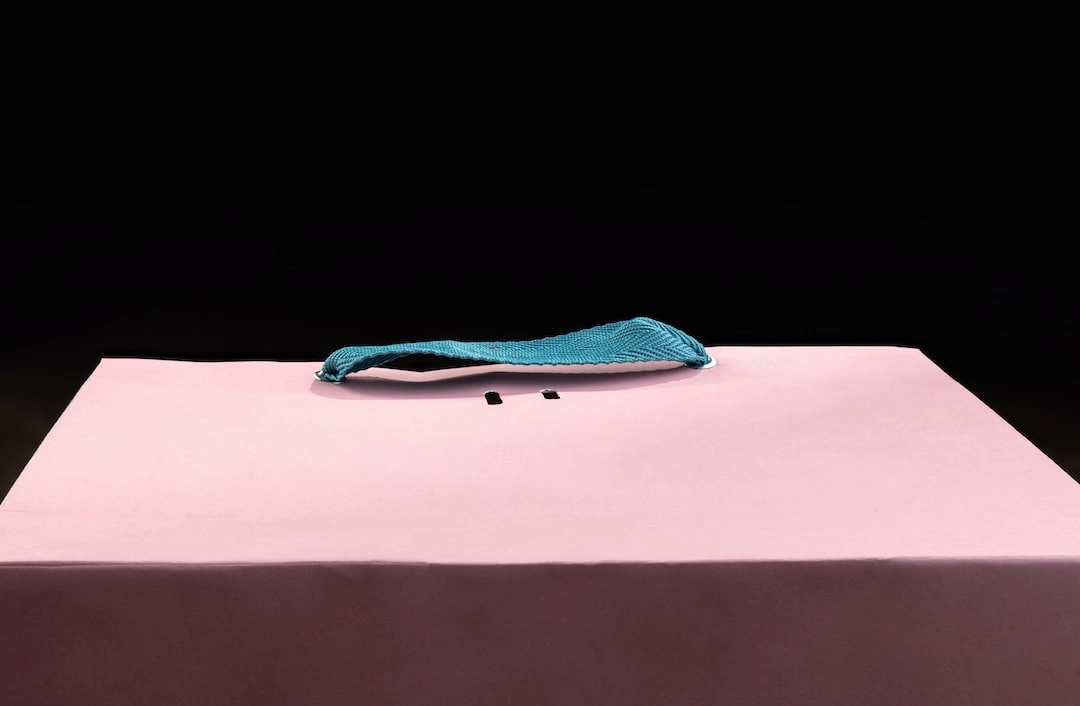
What it is:
Biodegradable plastics alternatives are a growing focus for researchers, industries, and consumers alike. As the awareness of plastic pollution and its detrimental effects on the environment continues to rise, the search for sustainable alternatives to traditional plastics has become essential.
Biodegradable plastics are materials that can break down naturally through biological processes into their organic components, usually carbon dioxide, water, and biomass. These alternatives offer the potential to reduce the persistence of plastics in the environment and mitigate the long-lasting impact they have on ecosystems.
Real-World Problems:
The use of traditional, non-biodegradable plastics has resulted in significant environmental problems. Some of the most pressing issues include:
1. Plastic Pollution:
Plastic waste, including single-use plastics, has overwhelmed landfills, polluted oceans, and caused harm to wildlife. The slow degradation rate of these plastics means that they persist in the environment for hundreds of years, contributing to ecological imbalances and endangering marine life.
2. Microplastics Contamination:
The breakdown of plastic waste into microplastics, tiny particles smaller than 5mm, has led to their widespread distribution in the environment. These particles can be found in oceans, freshwater systems, and even in the air we breathe. The ingestion of microplastics by animals and humans is a growing concern, as they can have detrimental effects on health.
3. Fossil Fuel Dependency:
Traditional plastics are derived from fossil fuels such as oil and gas. The extraction and refinement of these non-renewable resources contribute to climate change, air pollution, and habitat destruction. Finding alternatives that reduce our dependency on fossil fuels is crucial for mitigating these impacts.
4. Waste Management Challenges:
The improper disposal of plastic waste, particularly in regions with inadequate waste management infrastructure, exacerbates the environmental problems associated with plastics. Biodegradable plastics alternatives offer the potential for easier waste management, as they can be composted or broken down in specific conditions, reducing the overall quantity of waste.
In conclusion, the exploration of biodegradable plastics alternatives is an important step towards addressing the real-world problems caused by traditional plastics. By adopting these alternatives, we can tackle plastic pollution, microplastics contamination, reduce our dependency on fossil fuels, and improve waste management practices. Embracing sustainable materials and solutions will pave the way for a cleaner, healthier, and more environmentally-friendly future.

Solutions to Biodegradable Plastics Alternatives:
Addressing the environmental problems associated with traditional plastics requires the implementation of sustainable solutions. Here are some key approaches and solutions to consider:
1. Development of Biodegradable Plastics:
A significant solution lies in the research and development of biodegradable plastics that possess similar or superior properties to traditional plastics but can break down naturally in the environment. Investing in innovative materials and technologies can pave the way for a more sustainable future.
2. Promotion of Circular Economy:
The adoption of a circular economy approach is crucial for reducing the negative impact of plastics. By designing products with recyclability in mind, promoting recycling processes, and encouraging the use of recycled materials, we can minimize plastic waste and promote a more sustainable and resource-efficient system.
3. Consumer Awareness and Education:
Raising awareness among consumers about the environmental impacts of plastic consumption is vital. Educating individuals about the benefits and availability of biodegradable plastics alternatives can drive demand and encourage responsible consumer choices.
4. Policy Changes and Regulations:
Government and industry leaders play a pivotal role in addressing plastic pollution. Implementing and enforcing policies that restrict the use of certain plastics, promote biodegradable alternatives, and encourage waste management practices can bring about significant positive change.
By combining these solutions and fostering collaborations between researchers, industries, governments, and consumers, we can work towards a future where biodegradable plastics alternatives become the norm. Together, we can reduce plastic pollution, protect the environment, and create a more sustainable planet for future generations.















